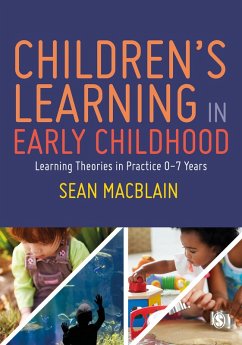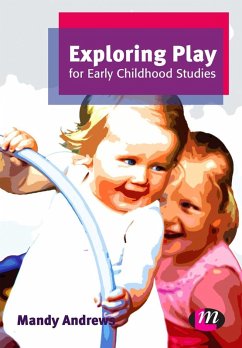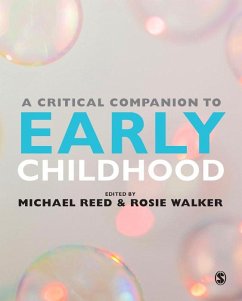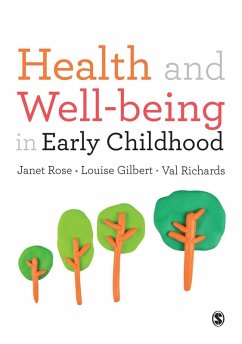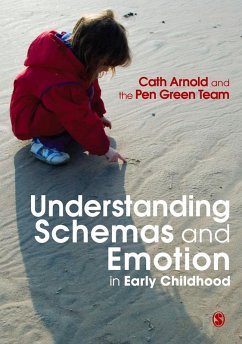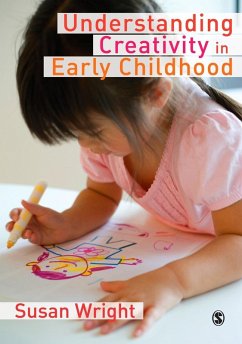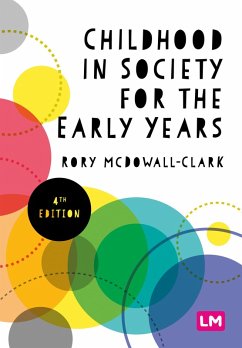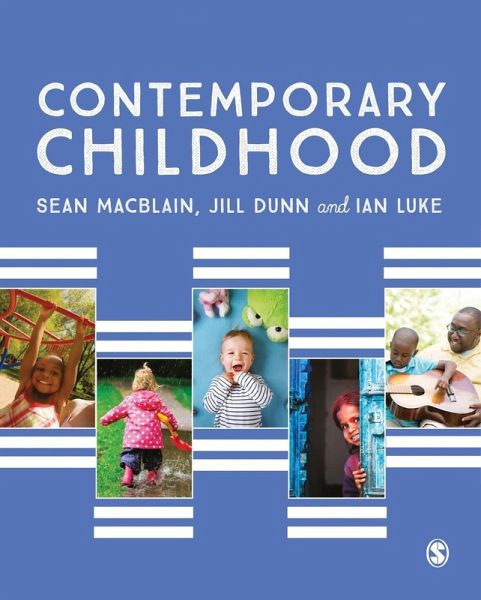
Contemporary Childhood (eBook, PDF)

PAYBACK Punkte
14 °P sammeln!
This brand new textbook brings you up to date with all the latest developments and keys issues from around the globe, and helps you understand how these changes are impacting on practice in early years and primary classrooms.Key issues in contemporary childhood are explored through three sections on The Child, The Family, and Emerging Trends, with topics including: the 'Digital Child' and the rise of new technologies children's security and the impact of poverty, austerity and conflict children's happiness, mental-health and wellbeing the changing nature of families including LGBT homes, r...
This brand new textbook brings you up to date with all the latest developments and keys issues from around the globe, and helps you understand how these changes are impacting on practice in early years and primary classrooms.
Key issues in contemporary childhood are explored through three sections on The Child, The Family, and Emerging Trends, with topics including:
The pace of change in early childhood can be daunting, but this book helps students and practitioners understand the huge variety of issues affecting children in the UK and all over the world.
Sean MacBlain will be discussing key ideas from Contemporary Childhood in the SAGE Early Years Masterclass, a free professional development experience hosted by Kathy Brodie.
Key issues in contemporary childhood are explored through three sections on The Child, The Family, and Emerging Trends, with topics including:
- the 'Digital Child' and the rise of new technologies
- children's security and the impact of poverty, austerity and conflict
- children's happiness, mental-health and wellbeing
- the changing nature of families including LGBT homes, refugees, and asylum seekers
- the challenges of multi-agency working
The pace of change in early childhood can be daunting, but this book helps students and practitioners understand the huge variety of issues affecting children in the UK and all over the world.
Sean MacBlain will be discussing key ideas from Contemporary Childhood in the SAGE Early Years Masterclass, a free professional development experience hosted by Kathy Brodie.
Dieser Download kann aus rechtlichen Gründen nur mit Rechnungsadresse in A, D ausgeliefert werden.




